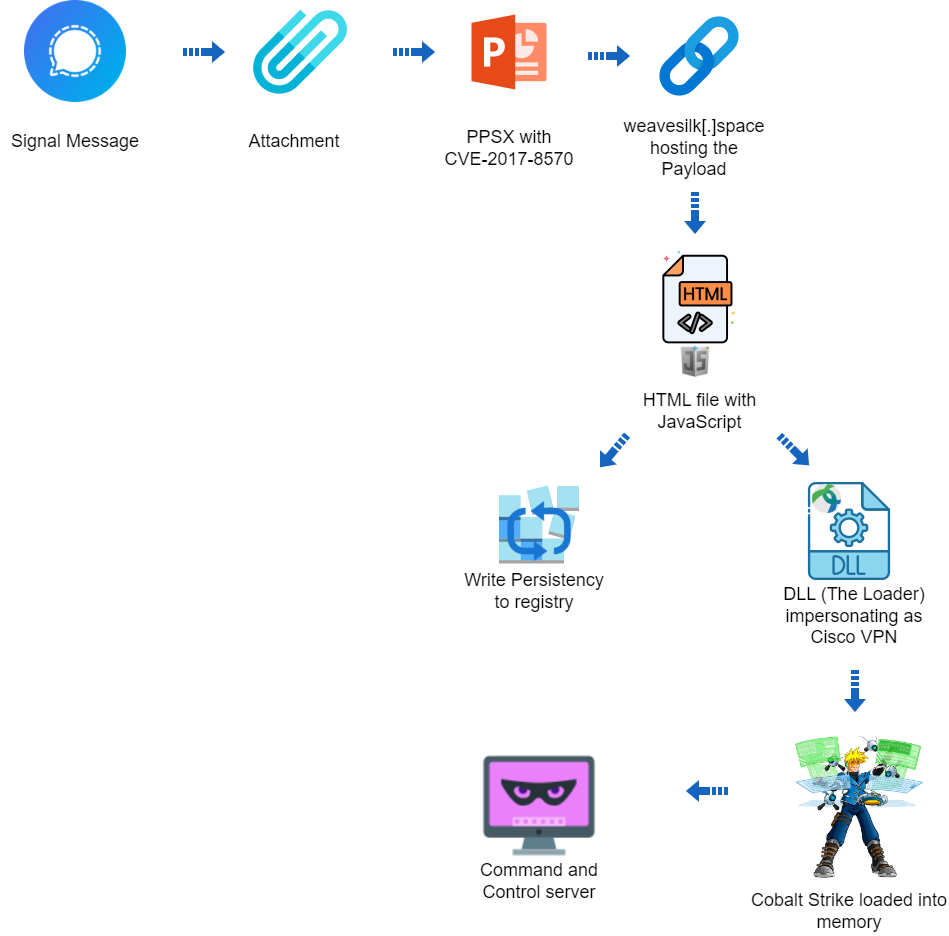
Experts warn that decommissioned medical infusion pumps sold via the secondary market could expose Wi-Fi configuration settings.
The sale of decommissioned medical infusion pumps through the secondary market may lead to the potential exposure of Wi-Fi configuration settings.
The researchers discovered that most of the medical infusion pumps that were purchased from secondary market services such as eBay were found to still contain wireless authentication data from the original medical organization that had deployed the devices.
Rapid7 conducted an analysis on three distinct infusion pump models: the Alaris PC 8015, the Baxter Sigma Spectrum model 35700BAX2 along with its associated Wireless Battery Module (WBM), and the Hospira Abbott PLUM A+ with MedNet.
The researchers analysed 13 infusion pumps that despite being no longer manufactured are still working in numerous medical organizations worldwide.
The experts obtained the sensitive data by analyzing the content of compact flash cards, capturing serial communication while using the product’s maintenance software serial communication, and physically removing and extracting data from the flash memory chip on the main circuit boards.
The equipment used for the research included flash Memory chip programmer ($75-$150), logic analyzer ($25-$500), JTAG programmer ($55-$500), hot air reflow or IR reflow oven ($65-$300), solder iron ($50-$125).
The analysis of the Alaris 8015 allowed the researchers to retrieve hostnames with domain information, AES keys for encryption, SSIDs, Wi-Fi Pre Shared Keys (PSK) passphrase in clear text, credentials for Microsoft Active Directory authentication, and Wi-Fi configuration settings.
“While examining and decoding serial communication between the secondary-market-purchased Alaris pump and its maintenance software, we found that it was not storing a Wi-Fi Protected Access10 (WPA) PSK, like many other infusion pumps we had examined during this project, but that it had been configured for Protected Extensible Authentication Protocol11 (PEAP) authentication and revealed the clear text MSCHAPv212 username and password used for Microsoft Active Directory authentication.” reads the analysis published by Rapid7.
The researchers pointed out that they haven’t found online documented data purge processes for device decommissioning. The Alaris security team explained that the documentation is only accessible to customers that have a support contract with Becton, Dickinson and Company (BD). However, the experts reported that current maintenance tools do support purging of data such as drug libraries, logs, and network configuration.
The analysis of Baxter Sigma Spectrum 35700BAX2 devices and associated Wireless Battery Module (WBM) revealed Wi-Fi configuration data, including the Wi-Fi Protected Access (WPA) passphrase converted to a 64-character hex key (PSK).
Baxter provides information about data purge processes and detailed instructions for reset wireless configurations for both the device and the WBM.
The Hospira Abbott PLUM A+ with MedNet too also exposed Wi-Fi configuration information stored on the device.
“During general evaluation of various documentation found online for the Hospira Plum A+ MedNet unit no single procedure could be located that detailed the needed steps for removing all critical data such as PHI, and Wi-Fi configuration data in preparation of decommissioning and transfer of an infusion pump.” continues the analysis.
Rapid7 urges organizations use medical devices to build out policies and processes for how to properly handle the acquisition and de-acquisition of such kinds of systems.
“The discovery of this data on de-acquisitioned medical devices being sold on the secondary market points out a serious systemic issue. To effectively resolve this issue, organizations that leverage medical technologies should build out policies and processes to properly handle the acquisition and de-acquisition of medical technology.” concludes the report. “The policies should define ownership and governance of the processes within the organization and what is expected to maintain solid security and protection of the data that is stored on these devices, which may include critical infrastructure configuration data and PHI related data.”
Follow me on Twitter: @securityaffairs and Facebook and Mastodon
(SecurityAffairs – hacking, medical devices)







